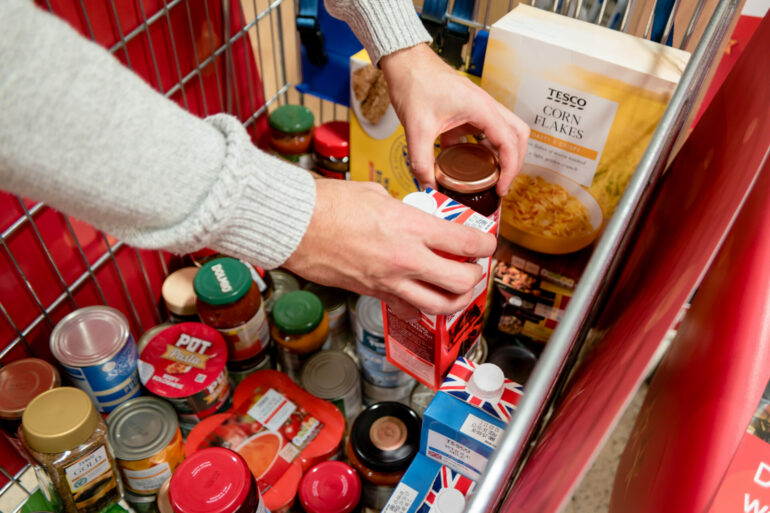The Institute For Fiscal Studies (IFS) found that right now the poorest fifth of earners face inflation of 10.8%, while the richest fifth face price rises of 8.5%.
But that gap will grow by October, so that the poorest fifth have inflation of 17.6% and the richest fifth see inflation of 10.9%.
An out-of-work single parent will be £460 poorer, an average earner £760 worse off and the top quarter of earners £1,440 worse off.
Liz Truss, Rishi Sunak, Nadhim Zahawi, the Labour Party, Scottish Power and the IFS all have ideas for how to solve the crisis.
The proposals in brief
- Rushi Sunak has pledged to cut VAT on energy bills, and spend an extra £5 bn supporting the most vulnerable through the benefits system. He is also considering a windfall tax to help pay for it.
- Liz Truss has proposed axing green levies on energy bills and providing targeted support for those on lower incomes. There have been some hints she might reconsider the £400 bill support for those on higher incomes.
- Keir Starmer has proposed freezing the energy price cap, paid for in part by extending the windfall tax on energy companies.
- It has been reported that Nadhim Zahawi suggested dropping an allowance within the price cap designed to protect energy companies from failure – funding it through the government instead. It would save customers £400 a year.
- Scottish Power has proposed freezing the price cap, funded by commercial loans paid for through higher prices over the coming 10-15 years, or by the government.
- The IFS is calling for changes to Universal Credit uprating.
Sarah Coles, senior personal finance analyst, Hargreaves Lansdown, said: “Inflation is set to hit an incredible 18% for lower earners this year.
“This winter’s bills are going to be so horrendously unaffordable that there’s widespread agreement that something needs to be done.
“Unfortunately, while there are plenty of potential solutions being bandied about, we don’t yet know who will be a position to make a decision, and with every day that passes, it means people waiting even longer to get the help they need.
“Making sweeping changes to taxes and benefits takes time. Even if the new Prime Minister opts for the package being prepared by the current Chancellor, there’s no guarantee it would be ready for October’s price hike. And while we wait for support to be put in place, millions of people will be struggling with nightmare bills.
“It’s also vital that a long-term plan is put in place so that a short-term crisis doesn’t just become a new way of life. The energy crisis isn’t going to go away overnight, and those who are being pushed to the limit need the kind of support that ensures they have the financial help they need in the medium-term and the structural changes they need to make ends meet in the long-term too.
“Any solution will depend to a large extent on who becomes prime minister. There’s a significant divide between the candidates. Both have pledged to trim bills for everyone by cutting taxes, and both have promised more support for the most vulnerable.
“But while Sunak is considering a windfall tax or more borrowing to fund the changes, Truss has not said she is considering a windfall tax, and one of her allies has suggested she could axe the £400 rebate for higher earners in October and spend it on the most vulnerable instead. We can only hope that in the breaks between hustings and handshakes they’re also making detailed plans for insulation, energy-efficiency and supporting alternative energy sources in the background too.
“Meanwhile, the Institute of Fiscal Studies suggests that lump sums don’t address an underlying problem, and that uprating benefits in April 2023 using this September’s inflation rate means missing the impact of both October’s and January’s energy price cap hikes.
“It means the real value of Universal Credit could fall to 12-13% below its pre-pandemic level. It suggests using more recent inflation figures or predicted inflation instead.”



